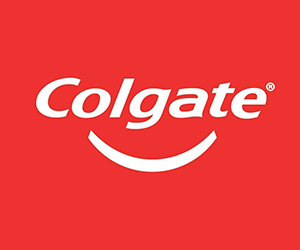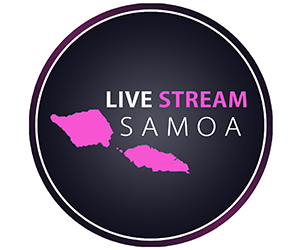Health
South Korea Church Members Donate $83 Billion Worth of Plasma for COVID-19 Cure
SEOUL: A South Korea-based religious group named Shincheonji Church of Jesus said that over 4,000 members of the church, who have recovered COVID-19 are willing to donate plasma for developing a new treatment. So far South Korea reported 12,535 confirmed cases with 10,974 recovered and 281 deaths from COVID-19.
The amount of blood will be worth about $83 billion, if the 4,000 patients donate 500ml individually, according to the current transaction in the United States. “It is difficult to accelerate developing a medicine for COVID-19 with only 200 recovered patients who expressed their will to donate blood. The massive donation from the recovered patients from Shincheonji Church will solve the problem of the lack of blood for research,” said an official from Green Cross Pharma, a biopharmaceutical company in South Korea.
In the first quarter of this year, the rapidly spreading virus hit the church members in Daegu, South Korea. The early signs of the crisis appeared through the controversial amount of visitors from China before the infection of church members occured.
Mr. Man Hee Lee, the founder of the Shincheonji Church, said that members of the church are advised to donate plasma voluntarily. “As Jesus sacrificed himself with his blood for life, we hope that the blood of people can bring positive effects to achieve a world of peace for future generations,” said Mr. Lee.

Plasma donor for COVID19 virus drug development.
“We had a discussion with the health authorities and tried to establish a plan with details for donation. Some of the recovered members have already donated individually, feeling thankful for the assistance from the government and medical teams. They expressed their will to make a contribution to society,” added a church official.
Some local governments in South Korea recently brought lawsuits against the church with allegations that the church did not cooperate with the authorities by not submitting the full list of church facilities and members.
“No evidence has been found that Shincheonji supplied missing or altered lists. And there were only minor differences,” said Kim Kang-lip, vice-minister of Health.
Academic researches on Shincheonji and COVID-19 stated that the church “provided the list of its South Korean members six days after it was requested” and “it was initially unclear whether facilities and properties that were shut down should be included” when the government asked for the lists of real estate.
A Shincheonji media coordinator said the church will cooperate fully with investigations from government agencies.















